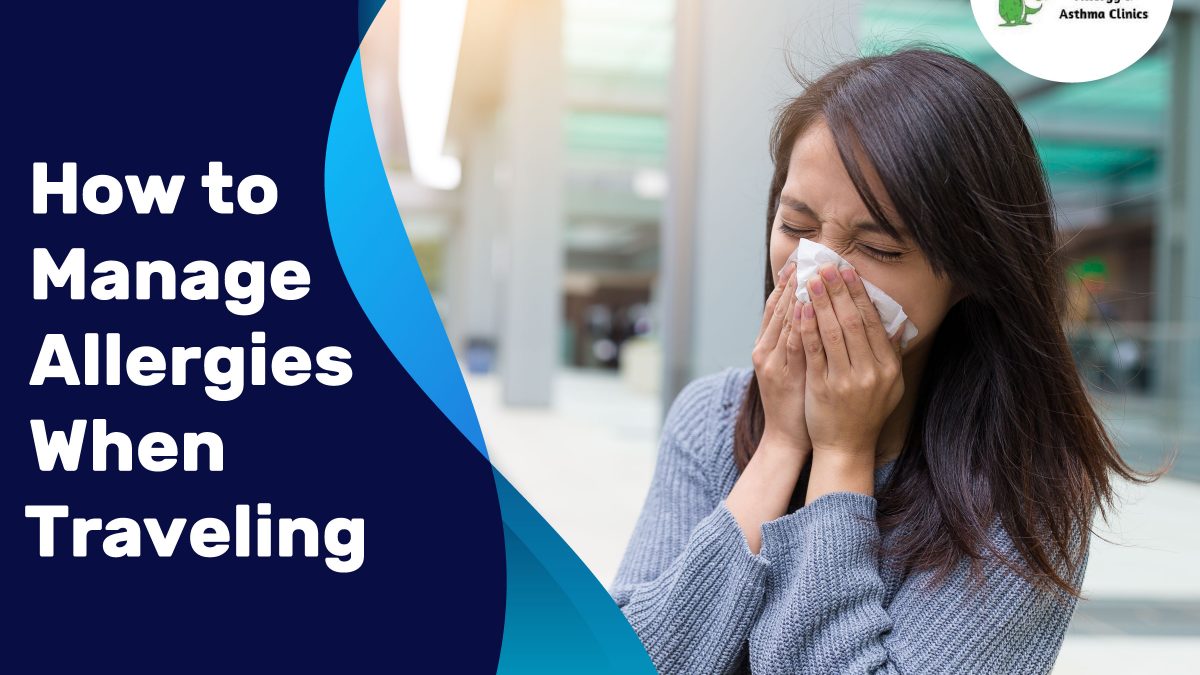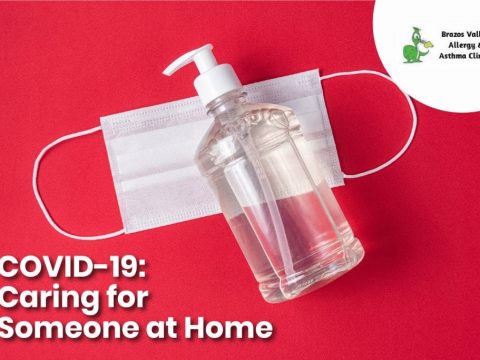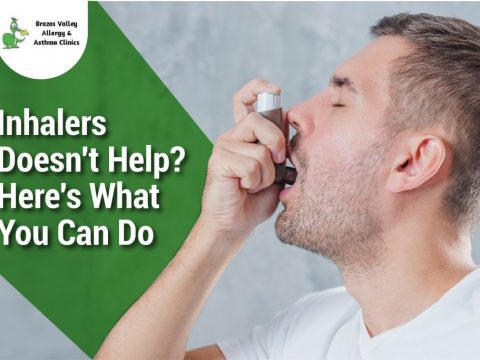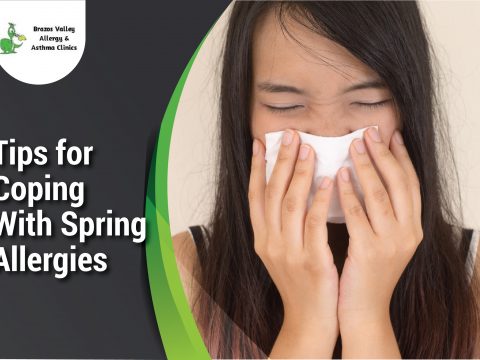- 979-485-9287
- office@bvallergy.com
-
 979-251-7804
979-251-7804
How to Manage Allergies When Traveling

Food Allergies and Eating Out: What to Look Out For
April 25, 2022
Top 10 Unusual Allergies That You Might Have
May 25, 2022Dealing with allergies is never an easy task, even when at home. You can experience allergic reactions anytime without warning. Accidental consumption of food that you are allergic to or pollen allergens could cause discomfort. On the other hand, adverse reactions could worsen, leading to emergencies.
Now, imagine how bad it can be when you’re traveling. Allergic reactions when traveling raises a whole new set of challenges in finding relief. Allergies do not do any good, whether you’re on a business trip or vacation. We want to provide you with helpful tips on managing allergies when you’re on the fly. This article will discuss how to prepare for allergies before leaving your house. In addition, we’ll talk about the best ways to find relief when you experience allergic reactions unexpectedly. So, without further delay, let’s begin.
Ways to Manage Allergies When Traveling
Allergies get worse when traveling. Always be vigilant. Here are a few reminders when packing your belongings if you have allergies:
Tip Number 1: Proper Travel Preparation
Bring your over-the-counter medicines for allergies. Carrying your anti-allergy (allergy pack) meds brings a sense of security when you’re traveling. Don’t forget to get enough for the duration of your travel. In addition, bring your pillows to protect yourself from dust mites. Allergies after traveling could still occur.
Tip Number 2: Minimize Exposure to Allergens
It may sound too much at first, but you can minimize exposure to allergens effectively by keeping these tips in mind to avoid allergy-related travel symptoms.
Traveling by car:
Travel when there’s minimal traffic. Air pollution caused by mufflers can trigger allergic reactions. A combination of pollutants from vehicles and dust is harmful to people with asthma or allergic rhinitis. You can avoid this by closing your vehicle’s windows throughout the journey. A portable air humidifier also helps to reduce nasal congestion.
Flying with allergies:
Bring your prescribed or over-the-counter medicines inside their original containers when traveling on an airplane. Do this to avoid issues with security. Medications for plane rides are essential; they can save your life if a severe allergic reaction occurs. For example, you can bring an inhaler on a plane if you experience trouble breathing, but be sure to keep its original packaging. Taking medications on a plane can keep you out of trouble until you arrive safely. In addition, make sure that you know the location of the nearest hospitals from your hotel. It will help in case of emergencies. Finally, please make a list of the food you have allergies to and show it to the flight attendant to avoid accidental consumption.
Once you arrive at your destination, always (allergies in a hotel room):
Talk to the management team and inform them of your condition. You may also ask permission to close the air condition vent to minimize exposure to allergens. Also, get a non-smoking room to minimize allergic reactions during your stay.
Tip Number 3: Watch Out for Insect Bites or Stings
Try to avoid walking in picnic areas. Sweets from food and blossoming flowers attract insects that sting or bite. Aside from your over-the-counter meds, you can also bring topical antihistamine to soothe insect bites or stings.
Tip Number Four: Pet Danders
If you are visiting family members with pets, you may want to stay in a nearby hotel instead of with them. Whether it’s dogs, cats, birds, or rodents, pets leave specks of their skin behind. These specks of skin are pet danders, and they cling to clothes or in the air. You may experience an allergic reaction when exposed to these tiny flecks of skin.
Tips for Mild Allergy
Mild allergic reactions do not require high doses of anti-allergy medications. OTC medicines usually do the job for mild allergies. Take the non-drowse type whenever you experience an allergic reaction during the daytime since the regular ones will make you sleepy.
Tips for Severe Allergy
Anaphylaxis: A type of allergic reaction that could be potentially life-threatening. You may experience this type of allergic reaction from peanuts or insect stings. The typical signs and symptoms of anaphylaxis are:
- A sudden drop in blood pressure
- Difficulty breathing
- Skin rash
- Nausea
- Vomiting
If you are diagnosed with anaphylaxis, talk to your allergist before traveling. Your allergist will provide you with prescribed medication instead of the regular otc meds. One example is an adrenaline autoinjector.
The adrenaline autoinjector is a highly potent medication ideal for anaphylaxis emergencies. It contains a fixed dose of adrenaline, usable by people without proper medical training. Additionally, bring a copy of your medical record regarding your allergy. It will serve as valuable information to doctors in case of emergency.
Final Word
The key to managing allergies when traveling is proper preparation. Learn what medicines to pack for travel. With adequate knowledge, you can minimize exposure to allergens and avoid accidental consumption of common food allergies. On the contrary, learning the location of the nearest allergy clinics or hospitals may come in handy too. Keep in mind that some allergic reactions are mild, while others may be life-threatening. Therefore, never take allergic reaction symptoms lightly.
Travel Without Allergies
Nothing beats a worry-free travel experience, whether traveling on a business trip or vacation. To ensure a safe and relaxing journey, contact Brazos Valley Allergy & Asthma Clinics. Our allergists are the most sought-after team in College Station and the Brazos Valley. We specialize in allergy management, whether at home or on the road. Our services include allergy testing to ensure a safe and effective treatment.
Our goal is to provide all our current and future patients with the allergy treatment they deserve. So, if you’re planning to go on a road trip, don’t forget to give us a quick call so that we can schedule an appointment for you. Dial 979-485-9287 today, or you can log on to our website https://www.bvallergy.com/. Have a safe trip!




